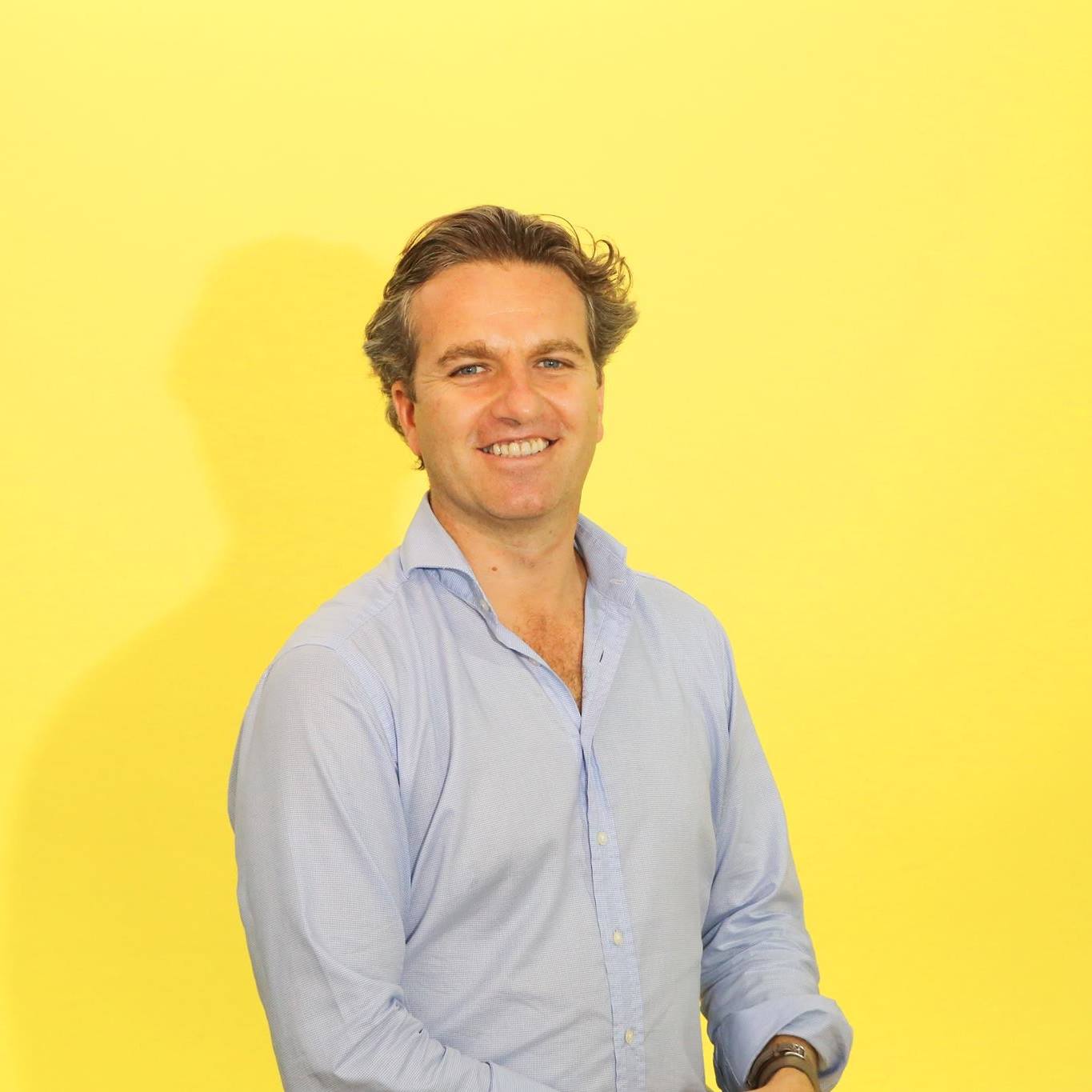Walmart’s acquisition of Cornershop for $225M set off a firestorm in Chile. Everyone from politicians to investors, columnists to entrepreneurs has thrown in their two cents.
Why didn’t any Chilean VCs invest, when 2 of the founders were Chilean? The debate got hotter when Oskar and Dani, two of Cornershop’s founders, shared their perspectives on Twitter and in interviews, and a prominent reporter used the acquisition to bash wealthy Chileans.
Some have turned Cornershop into a referendum on wealthy Chilean businesspeople. I’ve written about the Chilean extraction vs. value creation mentality. That’s a part of it. Others have seized on Chile’s conservatism. That’s also a part of it. Others have blamed CORFO, the Chilean government agency that supports new businesses and venture capital. Others blamed Chilean VCs for missing the boat. They also deserve some blame, although a Chilean fund did invest $500k into the Cornershop founders’ previous startup Seahorse, and multiple Chilean angel investors invested in Cornershop.
I got multiple requests for my perspective from entrepreneurs, investors and family offices from around the region. What happened? They also asked why have Magma Partners been the only VC fund in Chile that hasn’t taken CORFO money? And why we haven’t taken any government money from anywhere, whether its the US, China or Latin America.
I love CORFO. CORFO created and supported Start-Up Chile, the world-changing program that brought me to Chile back in 2010. It indirectly showed me the opportunity to create Magma Partners in Latin America.
I also love CORFO because it’s made up of well-meaning, smart, dedicated people who are doing their best to change Chile for the better. Thanks to everyone involved. You’ve truly changed my life.
I also love CORFO because CORFO backed funds are blocked from investing in many of the best deals in Latin America. Since 2014, Magma Partners has invested in 42 startups across Latin America. And we found that CORFO blocks much of Magma’s Chilean from at least 40 of our best investments.


